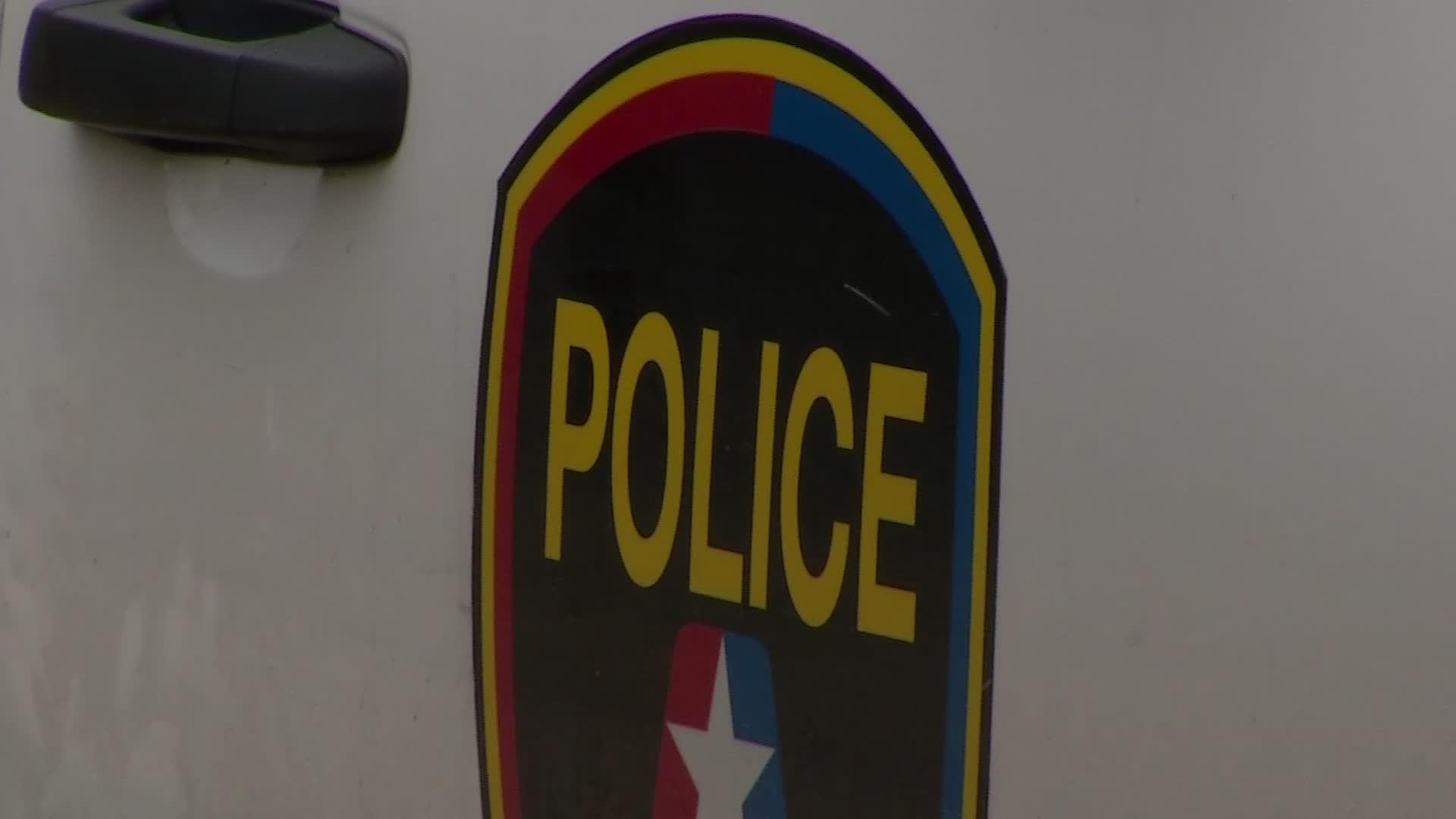An Arlington man may finally know why his car suddenly caught fire last year after General Motors on Tuesday recalled 1.4 million vehicles because of a fire hazard.
James Kirkpatrick drove to work in Irving one morning in May 2014. About 10 minutes after he parked, his 2003 Buick Regal erupted in flames, he said.
"I was stunned," Kirkpatrick said. "I had zero clue."
Fire investigators discovered the fire started around the exhaust manifold but listed the cause as undetermined.
Kirkpatrick's car had been recalled previously because of a fire hazard, but he took it in for the recommended fix.
"I did what I was supposed to do for proper maintenance of the car," he said Tuesday.
So the fire was a mystery – until Kirkpatrick learned his car was among those recalled again by General Motors.
Local
The latest news from around North Texas.
The auto giant admitted its two earlier fixes did not work and that more than 1,300 cars have caught fire in the last six years.
In the previous recalls, in 2008 and 2009, GM told owners to park the cars outside until repairs can be made, since most of the fires happened shortly after drivers turned off the engines. A spokesman was checking to see if the same recommendation applies this time.
U.S. safety regulators became aware of the fires in early 2007 and GM has since reported 19 minor related injuries. In 2008, a GM spokeswoman said the cars were responsible for 267 fires, including at least 17 that burned structures.
The recall includes the 1997-2004 Pontiac Grand Prix and Buick Regal; the 2000-2004 Chevrolet Impala; the 1998 and 1999 Chevrolet Lumina and Oldsmobile Intrigue; and the 1998-2004 Chevrolet Monte Carlo. All have 3.8-liter V6 engines.
Over time, a valve cover gasket can degrade, allowing oil to seep out. Under hard braking, oil drops can fall onto the exhaust manifold and catch fire. Flames can spread to a plastic spark plug wire channel and the rest of the engine.
The problem first surfaced in 2007, when 21 consumer complaints about engine fires in some of the cars prompted the National Highway Traffic Safety Administration to investigate. That probe found three injuries. Most of the blazes happened five to 15 minutes after the engines were turned off, according to agency documents.
The investigation led to the recall in March 2008 of more than 200,000 U.S. cars with supercharged engines. A year later GM recalled almost 1.5 million more cars that weren't supercharged. Dealers replaced the spark plug wire channels but documents filed with the government don't mention any repair of the oil leaks.
GM hasn't come up with a final fix in the most recent recall, spokesman Alan Adler said. The company will use state registration databases in an effort to track down the owners, he said. The 1,300 fires were discovered when GM began investigating whether to recall some 2004 models, Adler said.
In the Irving fire, investigators said GM's announcement sheds new light on Kirkpatrick's case, which was listed at the time as undetermined.
"It might have been an entirely different case had it not shown to have already been repaired under the recall notice," Assistant Fire Chief Rusty Wilson said.
Kirkpatrick used insurance money to buy a new car and said he's grateful nobody was hurt.
He hopes other car owners learn from his experience.
"The most important thing in my opinion is to protect the drivers who still have that vehicle," he said. "Get that car serviced and get it fixed. Nobody needs to have this happen to them."
The Associated Press contributed to this report.



